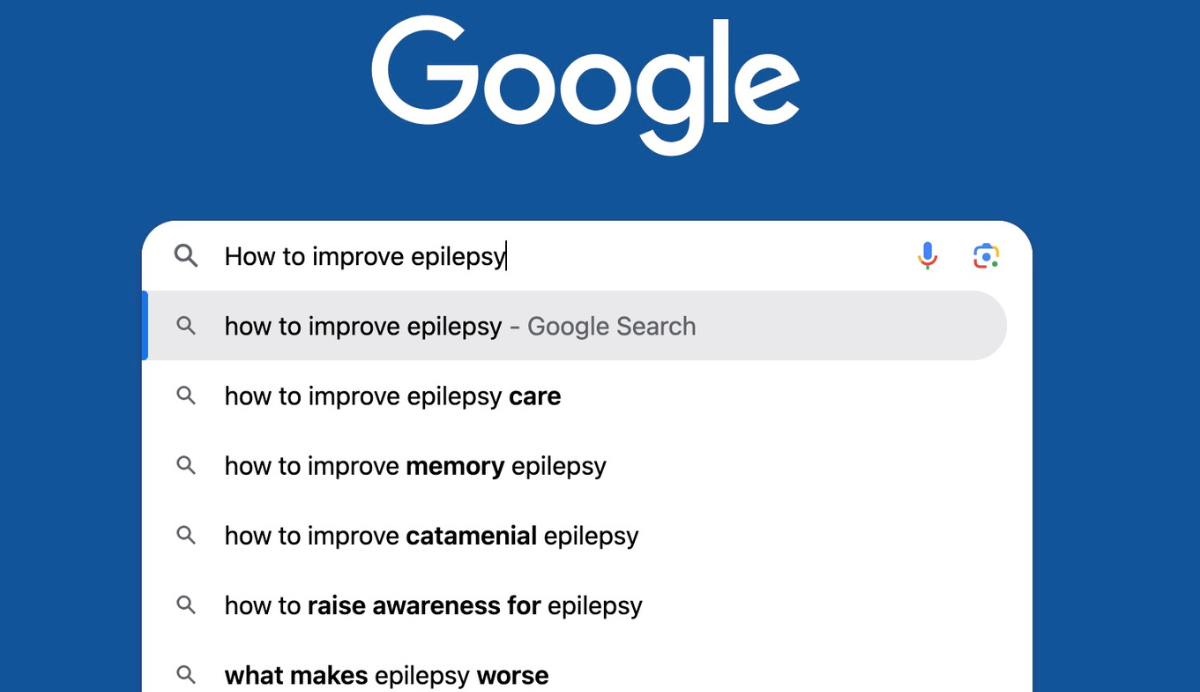Philip Pruckner (2nd year)
Epilepsy Neuroinformatics Group
Supervisor: Robert Smith
NEUROANATOMICAL IMPACTS OF WHITE MATTER DISCONNECTIONS FOLLOWING TEMPORAL LOBE EPILEPSY SURGERY
Brain surgery is a great treatment option for people with drug-resistant epilepsy, often resulting in freedom from seizures. Our research focuses on further improving the safety of these procedures by investigating the immediate and remote anatomical changes following neurosurgery.
Specifically, we focus on the brain’s intricate white matter networks, which allow regions within the brain to communicate. While surgeons aim to protect vital connections, e.g. for vision or movement, the relevance of preserving connections with less obvious functions are less well understood. Using advanced MRI technology, we are exploring the effect of surgery on these networks, ultimately helping to improve our understanding of brain surgery. This will help future doctors and patients to make well-informed decisions about this potentially life-enhancing treatment option.
As an early-career researcher, why is it important to take part in a symposium? What unique insights or experiences do you believe you can gain from being involved?
Participating in a symposium is a fantastic opportunity to learn about colleagues’ exciting research, sparking engaging conversations or even potential collaborations.
The feedback received from experts is invaluable for improving presentation skills and gaining insights from their personal experiences. Additionally, symposia provide a platform to stay informed about the latest advancements in your field, fostering a deeper understanding of current trends and innovations.
How do you believe your participation contributes to the advancement of your field? What impact does it have for epilepsy research?
By using advanced neuroimaging, we are exploring the remote effects of surgery on human brain anatomy to better understand postoperative outcomes. This research aims to enhance our understanding of treatment options for epilepsy and support patients in making well-informed decisions. The insights gained from this work have the potential to inform clinical practices and improve patient care strategies. By sharing these findings at the symposium, we hope to contribute to the broader scientific discussion, which can accelerate advancements in epilepsy research and ultimately benefit the field.
Can you describe how your involvement in the symposium could lead to potential collaborations or new perspectives that might enrich your current research project?
Despite its clinical aspects, my research also involves developing innovative methods to investigate changes in individual brain networks. While their development was motivated by epilepsy-related research questions, these methods have broader applications for various neurological disorders. Raising awareness for the availability of these improved methods can therefore help to spark exciting collaborations. Preparing for the symposium also helped refine the narrative of my research, which ultimately led to new directions to explore.
In what ways do you think your involvement in a student symposium can inspire and motivate other students to pursue their own research interests?
Participating in a student symposium highlights the value of sharing research and engaging with the scientific community. It shows that early-career researchers can make meaningful contributions and inspires others to pursue their research interests with confidence and enthusiasm. Additionally, showcasing the diversity of research topics and methodologies can encourage fellow students to explore interdisciplinary approaches and innovative solutions in their own studies.
-2.jpg)
AEP Keynotes at AWS Summit Sydney Innovation Day

AEP hailed as an exemplar for transforming lives


